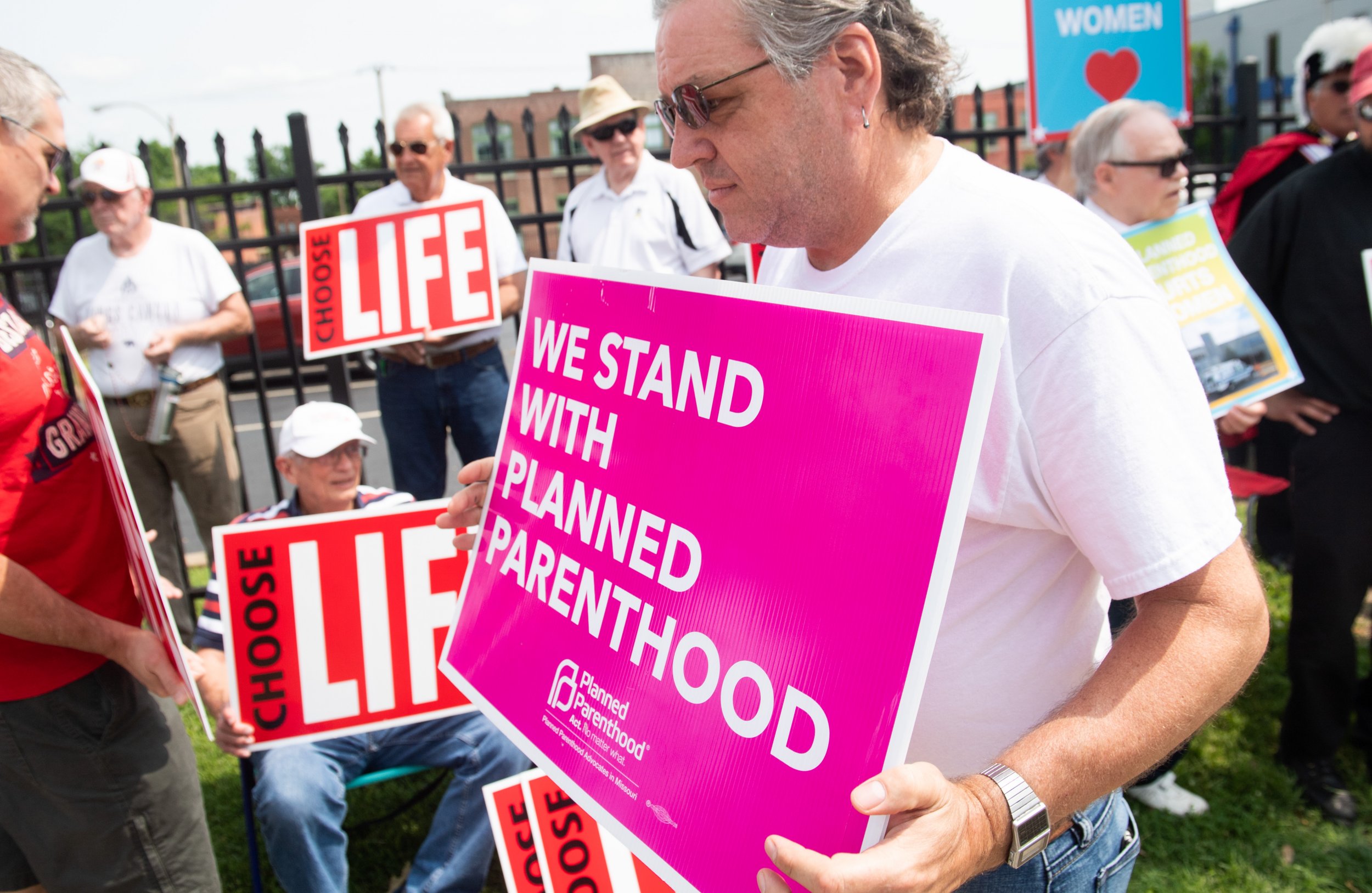
Even though no one yet knows who the candidates will be, the battle lines for the 2020 election are already being drawn. Moving back to center stage after a considerable absence is the issue of legal abortion. Recent developments to either expand or contract abortion rights in the face of an increasingly Republican-appointed federal judiciary have both sides of the issue believing a major clash is imminent.
A series of new contested state laws and lower-court decisions have radicalized Americans who hope a case will arise that gives the U.S. Supreme Court the opportunity to either overturn or, far less likely, further solidify the underlying pretext of Roe v. Wade into the life of the nation.
Many Americans, however, hold misconceptions about what overturning Roe would mean for the country. A recent poll by Scott Rasmussen found 31 percent of voters falsely believe abortion would become illegal everywhere if the 1973 decision were overturned.
Continued access to legal abortion does not rise or fall with Roe. Vacating the decision would simply return to the states the ability to set abortion policy within their borders. There would no longer be a national standard—just as there is not nor has there ever been a national consensus on the issue. Rasmussen, Gallup and other pollsters have shown for some time that the country remains roughly equally divided on whether abortion should be legal.
In polling conducted in May 2018, Gallup found equal percentages of Americans—48 percent—now identify as either "pro-choice" or "pro-life." Remarkably, the percentages for both sides have been divided by no more than 10 points over the past 20 years. What activists on both sides of the issue have figured out is that when circumstantial qualifiers are introduced into the discussion, such as "in all cases" or "in most cases," the numbers move.
A recent Quinnipiac survey illustrates the point. The percentage of voters who said in a survey conducted from May 16 to 20 that abortion should be legal "in all cases" was just 28 percent. However, when that percentage is added to those who agree it should be legal "in most cases," the combined total leaps to 60 percent.
What's playing out now is a contest by each side to make the other appear unacceptably extreme. When you consider that control of the U.S. House of Representatives—or perhaps even the entire Congress—and the presidency rests largely with female voters in the American suburbs, most of whom tend to reject fringe positions, that makes political sense.
Supporters of legal abortion are trying to cast recent moves by Alabama and Georgia to shorten the period in which abortion may be legally obtained—as well as a recent opinion by Supreme Court Justice Clarence Thomas in a case involving an Indiana law banning abortions undertaken because of the sex, race, national origin or potential disability of the unborn—as part of a continuum that not only would outlaw abortion entirely, a position more than half of America rejects, but that constitutes, in the words of Salon writer Amanda Marcotte, an attack on the right to birth control.
"They always deny it when directly confronted but make no mistake: Conservatives are coming for your birth control," Marcotte wrote this week. "That much was confirmed yet again on Tuesday when Justice Clarence Thomas issued an unhinged opinion on what was supposed to be an abortion case."
Those in what's commonly referred to as "the pro-life community" are engaged in similar efforts. Some are pushing for bans and restrictions considered in many circles to be reasonable, such as blocking abortions once "fetal pain" becomes an issue or a "fetal heartbeat" can be detected.
Others continually argue, as Justice Thomas did in his opinion in the Indiana case, that allowing abortions for reasons including potential disabilities or gender or race brings the nation dangerously close to reaccepting the now-discredited theory of eugenics, as well as its practice.
Equally troubling from their perspective is the proliferation of legislation in places like New York and Virginia leaving open the possibility of what some call "infanticide" should particular kinds of late-term abortion result in a birth rather than the intended outcome.
As evidence for this, they point to comments made by Virginia Governor Ralph Northam, a Democrat and pediatric neurologist who supports the legislation. Northam has said that under certain circumstances a late-term abortion survivor "would be resuscitated if that's what the mother and the family desired, and then a discussion would ensue between the physicians and the mother."
It's unclear how this all comes together. According to Scott Rasmussen, the data shows support for the Alabama law banning abortion without exception and the New York law allowing abortions at any point during pregnancy is about even, somewhere in the mid-teens.
That's a long way from a majority position. The "heartbeat" laws and similar restrictions, he said, find "Americans are evenly divided on such laws," without a gender gap. "Women and men provide very similar responses," he said. Meanwhile, the tug-of-war over legal abortion continues. Stay tuned.
Newsweek contributing editor Peter Roff has written extensively about politics and the American experience for U.S. News and World Report, United Press International and other publications. He can be reached by email at RoffColumns@gmail.com . Follow him on Twitter @PeterRoff
The views expressed in this article are the author's own.
Uncommon Knowledge
Newsweek is committed to challenging conventional wisdom and finding connections in the search for common ground.
Newsweek is committed to challenging conventional wisdom and finding connections in the search for common ground.
About the writer
To read how Newsweek uses AI as a newsroom tool, Click here.








